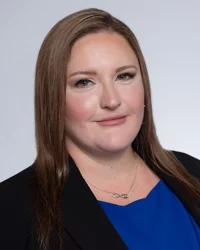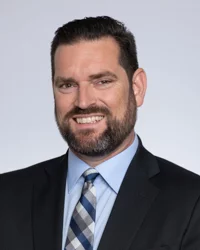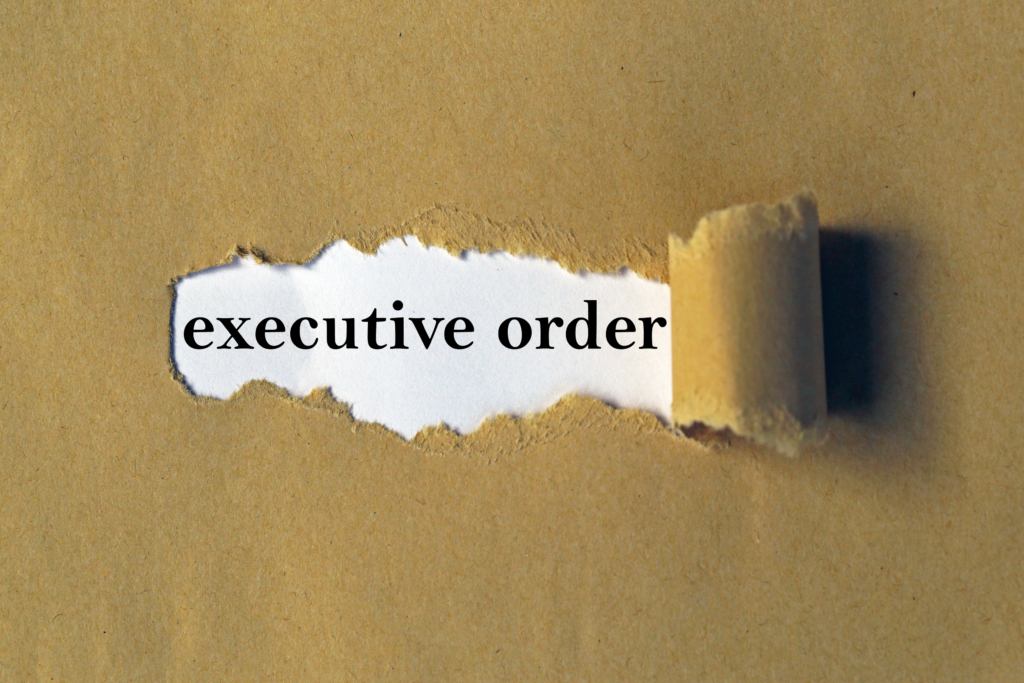A recent WCAB panel decision stating that the “executive order” presumption did not apply to a probation officer’s alleged Covid-19 infection is worth taking note of, according to one of the leading legal research services in the California workers’ compensation system.
The Covid-19 pandemic provided an unexpected onslaught of emergency orders and regulations which significantly changed the landscape of workers’ compensation. These orders and their successors provided inconsistent rules and loopholes, and parties to claims were left without existing precedent with which to apply them. Though the recent panel decision of Jackson v. County of Los Angeles has not yet been designated as a significant panel decision, there is now a hint as to how these orders, regulations and statutes will be applied.
Our friends at LexisNexis have deemed this panel decision a “noteworthy” panel decision, which means that their razor-sharp editorial team believe it’s worth paying attention to.
As we know, on May 6, 2020, Governor Newsom issued Executive Order n-62-20, later codified as LC 3212.86, which covers diagnosis/positive tests from March 19, 2020 to July 5, 2020 and provides for a presumption of industrial causation of illness. The statute is silent with regard to presumption of industrial causation for dates of illness prior to March 19, 2020, which indicates that the Applicant bears the burden of proof for those dates of injury.
In Jackson, a probation officer contracted Covid-19 on March 11, 2020, which precedes the period which is covered by the presumption. The matter proceeded to AOE/COE Trial, and the judge entered Findings of Fact on June 1, 2022 concluding that “applicant sustained industrial injury to ‘the body system, Covid-19, circulatory system, respiratory system, [and] psyche/stress’” (Jackson v. County of Los Angeles, ADJ13319190).
This finding was based upon the presumption which has been codified by Labor Code 3212.86 and the findings of QME Dr. Hirsch.
On reconsideration, the WCAB found that the presumption created by Executive Order n-62-20 only applied for employees who worked in person from March 19, 2020 through July 5, 2020, and therefore the applicant’s claim did not fall within that presumption.
Furthermore, the WCAB held that the QME’s opinion was not substantial evidence of the issue of causation, as they were not provided with specific history given in trial testimony, including working conditions, frequency and duration of contact with the public and coworkers, and the fact that none of applicant’s coworkers were diagnosed with Covid-19 during any relevant period. (See Jackson v. County of Los Angeles, ADJ13319190) Because of those issues, the Appeals Board remanded the case back down to the trial level for further development of the record and a new decision.
In practice, handling of litigated Covid-19 claims has been complicated by the lack of guidance in applying the new statutes and regulations.
Many common questions regarding the Covid presumption include:
- What is a valid test?
- How do we calculate an outbreak?
- What people do we count in an outbreak calculation?”
These questions are subject to a wide variety of interpretations and opinions, but the Jackson v. County of Los Angeles case demonstrates the willingness of the WCAB to look at the legal requirements from the statute to prove a claim, and affirmatively state that the statutes which govern a claim must be followed.
The claimed injury in Jackson was outside the applicable time frame during which the Executive Order and Labor Code 3212.86 applied (3/19/20-7/5/20). Since the date of injury predated the presumption law, the reversal on this ground by the Appeals Board is a reasonable adherence to the law as written.
While there has been inconsistent application across venues and the presumptions are sometimes applied outside of the letter of the statute, the direction the WCAB provides through the Jackson case will be helpful in the handling of claims going forward.
Jemma S. Uribarri and Zane P. Uribarri are partners at the Law Offices of Bradford & Barthel’s Ontario office, and are both experts on Covid-19 in the workers’ compensation system. If you have questions about workers’ compensation defense issues, please feel free to contact them via email at juribarri@bradfordbarthel.com, zuribarri@bradfordbarthel.com, or covid@bradfordbarthel.com or via telephone at 909.476.0552.
Viewing this website does not form an attorney/client relationship between you and Bradford & Barthel, LLP or any of its attorneys. This website is for informational purposes only and does not contain legal advice. Please do not act or refrain from acting based on anything you read on this site. This document is not a substitute for legal advice and may not address every factual scenario. If you have a legal question, we encourage you to contact your favorite Bradford & Barthel, LLP attorney to discuss the legal issues applicable to your unique case. No website is entirely secure, so please be cautious with information provided through the contact form or email. Do not assume confidentiality exists in anything you send through this website or email, until an attorney/client relationship is formed.




